What You Call Matriarchy Is Gynarchy - And It’s Still Patriarchy
Why Replacing Male Domination With Female Control Isn’t Matriarchal Power - It’s Patriarchy Rebranded
What Is True Matriarchy? Debunking Common Misconceptions
The word "matriarchy" gets thrown around-from DEI campaigns to feminist panels to branded carousels-but what people often mean is simply: women in charge. - Lovette Jallow
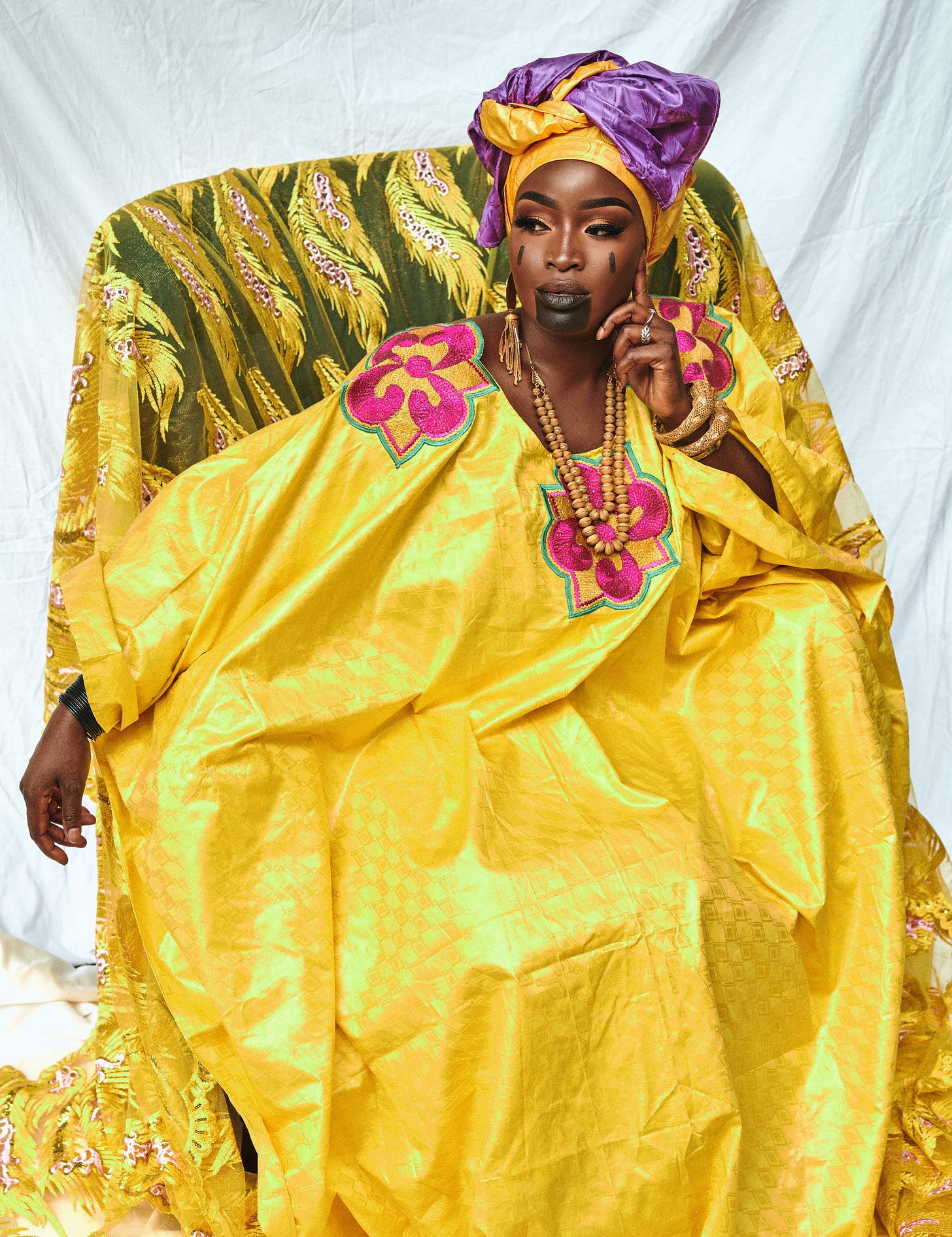
"Matriarchy isn't patriarchy in pink. It doesn't invert power. It rejects the entire framework." - Lovette Jallow
That's not matriarchy. That's gynarchy: a dominance-based structure that replaces male control with female control. True matriarchy isn't about dominance. It's about lineage, interdependence, and shared responsibility. It's communal, horizontal, and memory-driven-not performative, hierarchical, or aestheticized.
I've watched this confusion play out across DEI spaces. People invoke "matriarchal leadership" without citing a single matriarchal society. They collapse governance into branding. Matriarchy gets reduced to aestheticized authority-gentle dominance wrapped in pink packaging. This distortion turns matriarchy into an aesthetic-gentle leadership with feminine flair-when it's actually an alternative political model with deep cultural roots. What gets sold as matriarchy in Western institutions is often just patriarchy wearing a different mask.
We covered some foundations in my essay below:
Gynarchy vs. Matriarchy: Understanding the Fundamental Differences
Western frameworks often confuse gynarchy and matriarchy-flattening rich ancestral systems into tropes. Gynarchy mirrors patriarchy. - Lovette Jallow
It's about domination-just with different actors at the top. Matriarchy, by contrast, rejects the pyramid altogether. It doesn't centralize power. It decentralizes it.
You'll see this in the Mosuo of China, Akan of Ghana, Minangkabau of Indonesia, and in my own Fulani lineage. Women in these cultures don't seize leadership. They are remembered into it. Recognized. Entrusted.
"Real matriarchs aren't appointed. They're remembered." - Lovette Jallow
These systems don't place women at the top. They reject the pyramid entirely. In my lineage, leadership wasn't seized. It was recognized. My grandmother was a griot and presidential advisor-not because she lobbied for the role, but because her presence held history, law, and spiritual authority. Matriarchs in our communities don't rule. They guide. They remember. And they're chosen by consensus, not ambition.
So when someone says "matriarchy" and describes women running extractive systems-that's not matriarchy. That's gynarchy in drag.
Matriarchy Explained: A Return to Ancestral Leadership Models
Matriarchy isn't a softer patriarchy with a better hashtag. It's not domination made maternal. It's a return-to systems that don't revolve around control at all.
In many African traditions, matriarchy lives in law, land, lineage, and language-and is etched into the skin through scarification. Scarification wasn't decoration-it was documentation. A record of lineage, resilience, and belonging etched into skin when paper could be burned and names erased.
Scarification wasn’t decoration—it was documentation. A record of lineage, resilience, and belonging etched into skin when paper could be burned and names erased.
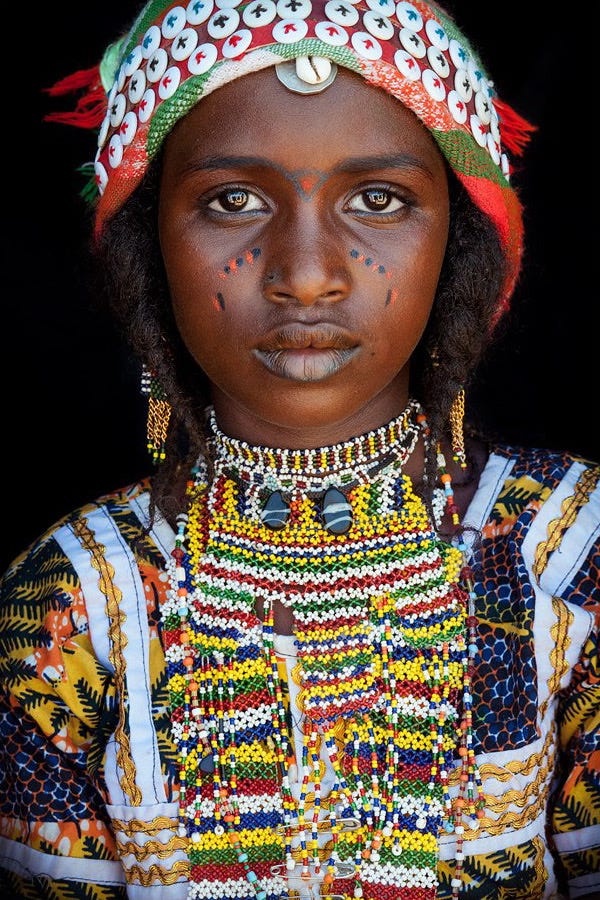
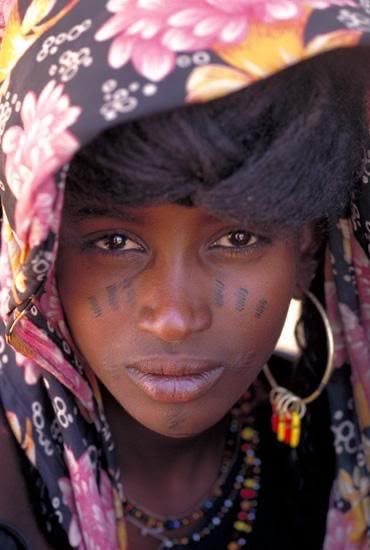


I didn’t read about matriarchy. I inherited it.
My grandmother-Ya Ajie Saffie-was a Mediator, a midwife, a political advisor to President Sir Dawda Jawara of The Gambia. She didn't call herself a leader. She didn't need to. Her wisdom made her one. Her authority wasn't given. It was recognized. Not by institutions, but by community.
In our tradition, the more loudly you pursue power, the less likely you are to be trusted with it. Real leadership is reluctant, grounded, and chosen through wisdom and trust-not visibility.
Mislabeling Matriarchy: When Patriarchal Structures Are Mistaken for Matriarchal Ones
When I mention matriarchs, some respond with, "My grandmother ruled our house." But matriarchy isn't just a dominant mother figure. That's domestic authority under patriarchy-not matriarchal governance.
Matriarchy isn't about who disciplines or who pays the bills. It's about who holds lineage, land, memory, and community ethics. Matriarchs guide through presence, not performance. Through remembrance, not control. Matriarchs don't dominate households. They anchor lineages. They hold spiritual, cultural, and legal memory. They mediate-not dictate.
They sit at the center-not the top. They hold moral architecture, mediate conflict, and anchor decision-making. And they do it without titles, hashtags, or the need to perform inclusion.
Western misreadings collapse matriarchy into gentle dominance or maternal branding. But matriarchy isn't domination at all. It's distribution. Not power-hoarding, but responsibility-sharing. It holds continuity instead of control.
The Illusion of Change: How Hierarchies Persist Under New Labels
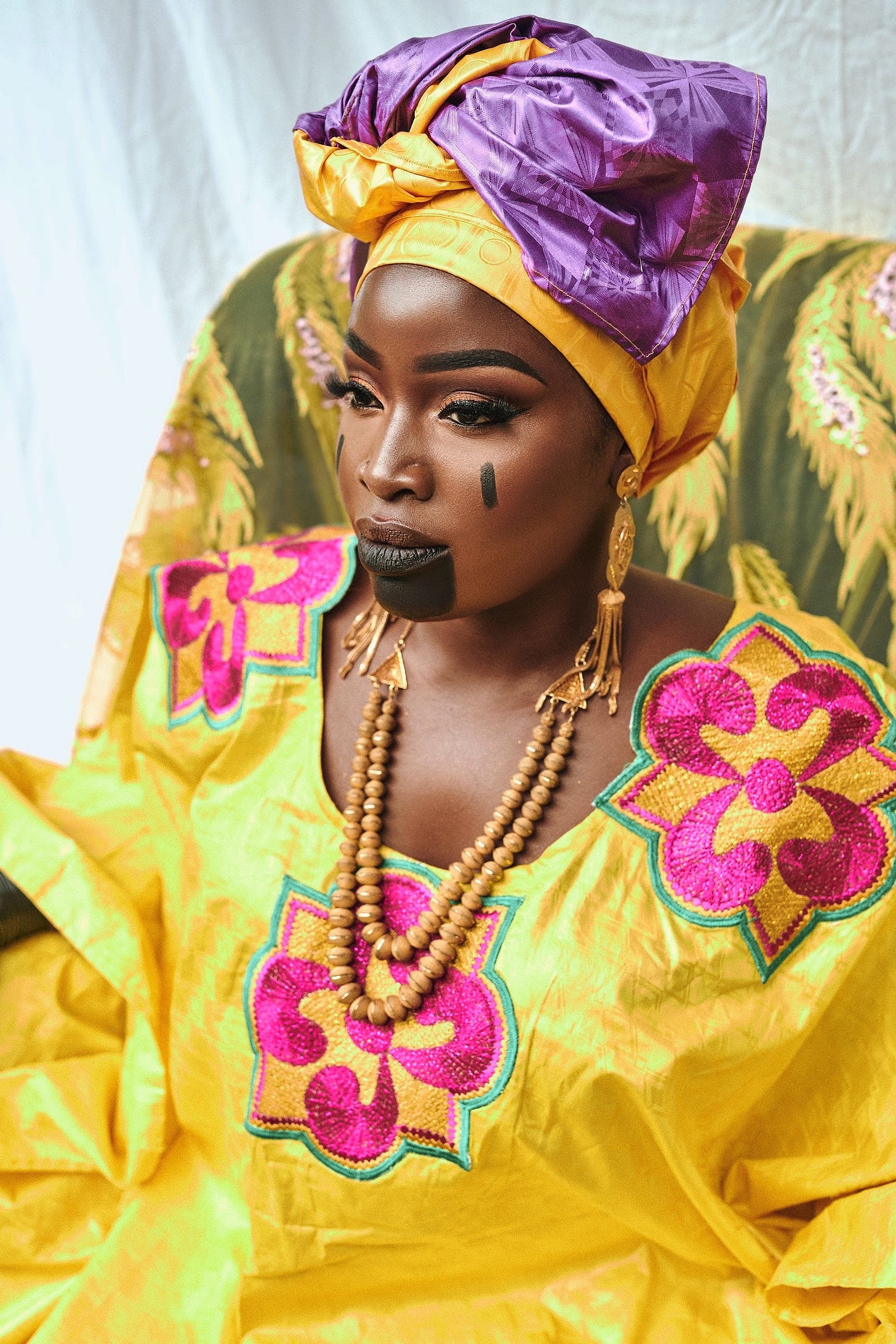
Power doesn't always change. Sometimes it just rebrands. We see this in activist spaces and movements built by the marginalized-where the same hierarchies reappear under new names.
"You can't dismantle domination by rebranding it. You have to refuse its logic."
That's why matriarchy isn't visibility, branding, or "gentler" hierarchy. It's horizontal care-practiced, not performed. This is how patriarchy survives. Not just through men. But through behaviors it rewards, no matter who performs them.
You'll see it in spaces meant for liberation:
Where queer, Black, disabled, or neurodivergent voices are present but not protected.
Where lateral violence replaces structural change.
Where identity is used as a shield to avoid accountability.
Where people scramble to be centered-even if it means stepping on those who are already carrying the weight.
That's not liberation. That's patriarchy in new packaging. Because hierarchy doesn't dissolve just because we change who's at the top. It mutates-unless we actively reject its logic. If the goal becomes attention over accountability, or aesthetics over ethics, we haven't dismantled domination. We've repurposed it. Matriarchy doesn't reframe hierarchy. It refuses it.
Western Perspectives on Matriarchy: Overlooking Decentralized Power Structures
Western frameworks recognize domination. They miss distribution.
They miss distribution. The West often claims matriarchy doesn't exist. Not because it isn't real, but because it doesn't fit the metrics used to define power: dominance, visibility, centralization, hierarchy. They expect power to be loud, visible, centralized. But matriarchal systems function quietly: through story, interdependence, memory.
"Silence isn't absence. It's governance."
This is the same colonial logic that pathologizes nonverbal autistic children instead of learning their language.
"They don't want us silent so we can hear ourselves. They want us loud so they can decode us."
Matriarchy rejects those metrics entirely. Western systems are trained to detect control, not continuity. They recognize leadership when it's loud, legible, and branded-when it performs in public. But matriarchal systems don't function through spectacle. They function through presence, memory, interdependence.
That's why when matriarchies do appear-often quietly, relationally, through kinship or oral tradition-they're misunderstood. They're either romanticized as "soft" and nurturing or erased entirely because they don't mirror state power. This is the same logic that pathologizes nonverbal autistic children, rather than recognizing other forms of communication. Silence, in matriarchal traditions, isn't a void. It's governance. It's cultural memory. It's how power is distributed rather than hoarded.
So when Western feminism says "matriarchy," it often means "gynarchy in prettier packaging"-not systems that redistribute responsibility, but ones that rebrand dominance. They ask us to speak so they can study us. Not to understand. To extract. But real matriarchs don't self-appoint. They don't dominate. They hold.

The Paradox of Patriarchy: Men's Role in Sustaining Harmful Systems
Patriarchy doesn’t just harm women, queer people, or nonbinary people—it breaks men too.
It isolates them, flattens their emotional lives, rewards domination over vulnerability, and confuses intimacy with control. But despite the harm, many men still defend it. Not because it serves them well, but because it's the only structure they've been taught to navigate. They don't know how to imagine safety without hierarchy-so they cling to authority, even when it wounds them.
When men flinch at the word "matriarchy," it's often not matriarchy they're reacting to. It's the memory of a woman shaped by patriarchy's own logic. A mother or grandmother who ruled the household through control, not care. That's not matriarchy. That's patriarchy in drag. It's the same dynamic we see in whiteness under white supremacy: even those it dehumanizes are trained to protect it. Not because it keeps them safe, but because it gives them status.
Patriarchy teaches men to fear softness. To fear loss. To fear being held. But in matriarchy, you are not devoured for being human. You are protected because you are.
The Challenge of Truly Listening to Black Women in Society
You were trained to borrow from us. To orbit us.
To consume our clarity without sitting in the discomfort it asks of you.
You weren’t trained to listen to Black women. You were trained to quote us when it’s convenient, to orbit our clarity without changing your own position. You share our posts, cite our phrases, and call it allyship. But listening? Real listening requires change. And change demands risk.
We've spent our lives learning your systems-your norms, your discomfort, your avoidance-just to be heard. You haven't done the same. You admire our resilience while outsourcing the labor that makes it necessary. You say "I'm listening and learning," but ask yourself:
Did I center her voice when no one was watching?
Did I protect her labor when the crowd moved on?
Did I change how I act, who I platform, what I cite?
Proximity is not solidarity. It's often surveillance with better lighting. We are not here to be your moral compass while you stand still. Listening is not performance. It's a reorientation. And most people were trained to consume our clarity, not to be changed by it.
Remember: Proximity is not solidarity. It's often surveillance with better lighting.
- Lovette Jallow (Stranger in White Spaces 2020)
Recognizing Unacknowledged Leaders: Grounded Leadership in Action
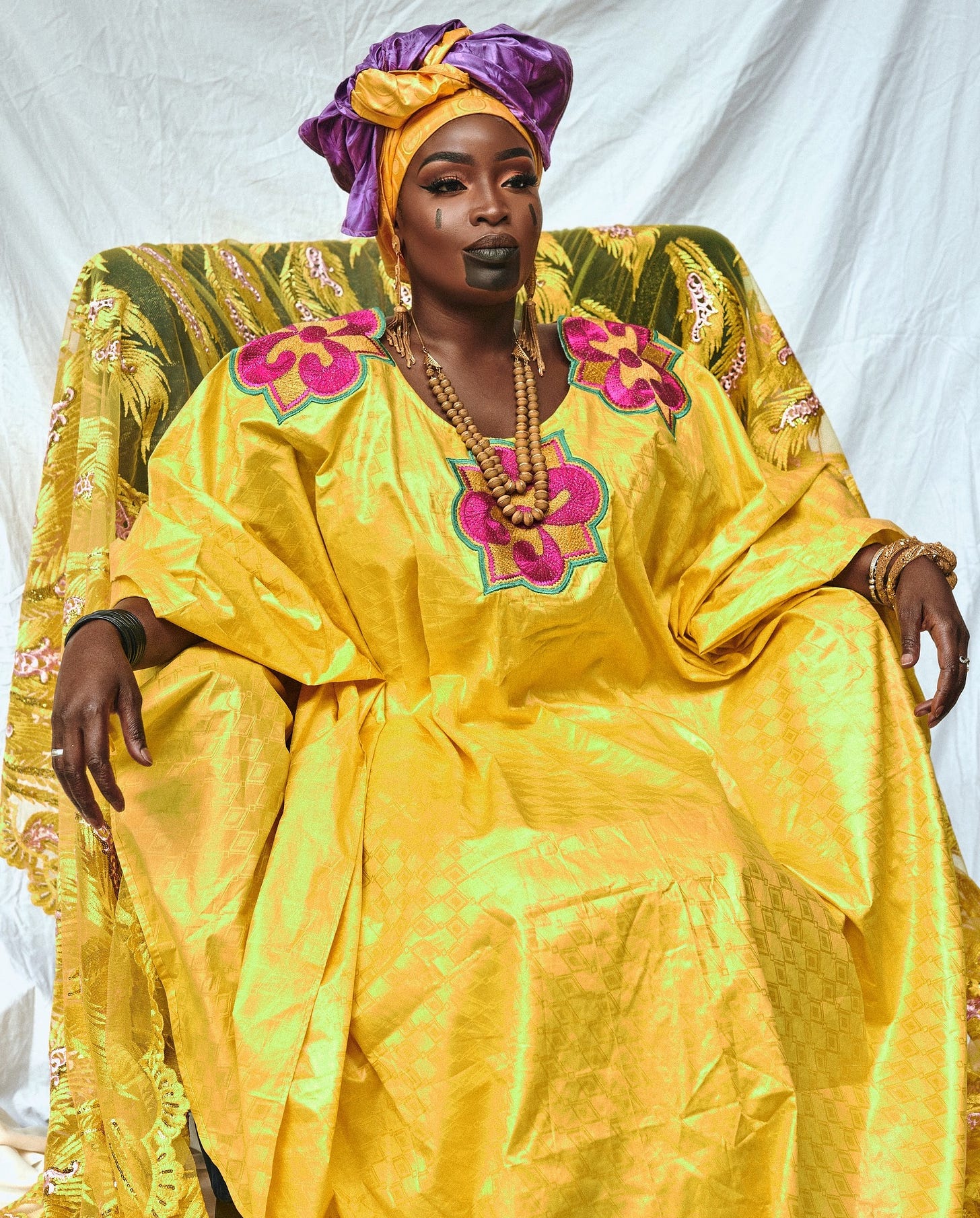
Leadership isn’t always loud. It isn’t always branded. And it definitely isn’t always centered in the algorithm.
When people ask, "Who should lead us?"-my answer is simple: the ones already doing it. Not the loudest. Not the most followed. But the most grounded.
Leadership doesn't always come with titles or microphones. It comes with memory, consistency, and responsibility. You'll find it in:
Black women raising ecosystems on depleted resources
Neurodivergent visionaries tracking collective timelines without applause
Queer and trans elders who built chosen families before they were legally recognized
Matriarchs whose authority is measured by what they hold, not what they display
Real leadership isn't branded. It isn't curated for the algorithm. It's chosen by community, carried through generations, and sustained when no one's watching. It asks:
Not who dominates-but who holds.
Not who speaks first-but who listens when it matters.
Not who performs power-but who protects people.
If your definition of leadership can't recognize this? You're not building a new system. You're just climbing the old one.
Matriarchy Defined: A Rejection of Dominance-Based Systems
Matriarchy isn't patriarchy in a dress. It's not "what if women were in charge instead." It's a refusal.
Matriarchy isn't patriarchy flipped. It's not a new boss in an old system.
"Matriarchs don't climb ladders. We hold the ground others stand on."
Matriarchs led by memory-not mandate. Through presence-not position. So the real question isn't "How do we reverse patriarchy?" It's: "Can you recognize a system that refuses domination when it's alive in front of you?" Matriarchy isn't patriarchy in a softer costume. It's not "what if women were in charge instead." It's not domination in nurturing language. It's not maternal supremacy. It is refusal.
A refusal to lead through fear. A refusal to define value by proximity to violence. A refusal to build systems that reward extraction and punish interdependence. Where patriarchy asks: Who's on top? Matriarchal systems ask: Who is responsible to whom? Not who rules-but who holds. Not who controls-but who sustains.
In Fulani matriarchal traditions, power isn't seized or assigned-it's remembered. It's inherited through presence, story, and service. Leadership isn't loud. It's felt. Matriarchs don't climb ladders. We hold the ground others stand on. So no-matriarchy isn't patriarchy reversed. It's patriarchy refused. It's "can you even recognize a system that doesn't revolve around domination when it's alive right in front of you?"
Work With Me: Inclusion Strategy, Keynotes, and Critical Conversations
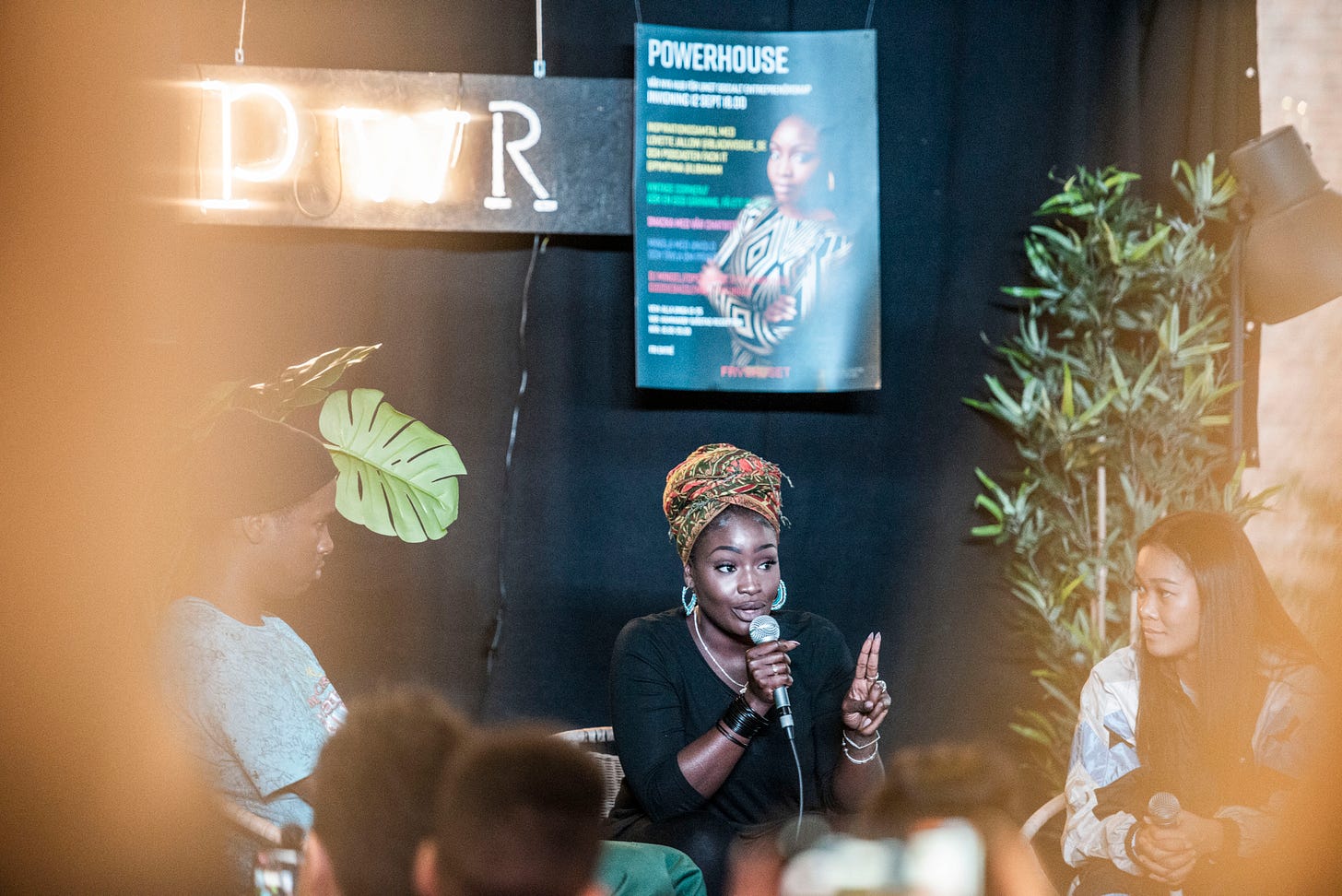
In addition to writing, I work internationally as a neurodivergent inclusion strategist, keynote speaker, and consultant.
I help organizations move beyond surface-level diversity initiatives to create environments where neurodivergent, disabled, and marginalized individuals are genuinely supported.
If your organization, collective, or institution is ready to rethink accessibility, inclusion, and systemic accountability, you can book me for:
Lectures
Keynote speeches
Panel discussions
Workshops and trainings
🔹 Book me: lovettejallow.com
🔹 Contact: Lovette@Lovettejallow.com
Explore More from The Lovette Jallow Perspective
You can find more of my essays exploring:
Neurodivergence, autism, and navigating public life as a Black woman
Building true inclusion beyond checkbox diversity
Reclaiming voice and agency across personal, political, and historical landscapes
Racism in Sweden and systemic injustice
Each essay connects real-world experience with structural analysis—equipping individuals and institutions to think deeper, act smarter, and build sustainable change.
If This Resonates
You’ll find more of my essays on breaking intergenerational cycles, holding boundaries and reclaiming voice.
Who is Lovette Jallow?
Lovette Jallow is one of Scandinavia’s most influential voices on systemic racism, intersectional justice, and human rights. She is a nine-time award-winning author, keynote speaker, lecturer, and humanitarian specializing in:
Neurodiversity and workplace inclusion
Structural policy reform
Anti-racism education and systemic change
As one of the few Black, queer, autistic, ADHD, and Muslim women working at the intersection of human rights, structural accountability, and corporate transformation, Lovette offers a uniquely authoritative perspective rooted in lived experience and professional expertise.
Her work bridges theory, research, and action—guiding institutions to move beyond performative diversity efforts and toward sustainable structural change.
Lovette has worked across Sweden, The Gambia, Libya, and Lebanon—tackling institutional racism, legal discrimination, and refugee protection. Her expertise has been sought by outlets like The New York Times and by leading humanitarian organizations addressing racial justice, policy reform, and intersectional equity.
Stay Connected
➔ Follow Lovette Jallow for expert insights on building equitable, neurodivergent-affirming environments.
🔹 Website: lovettejallow.com
🔹 LinkedIn: linkedin.com/in/lovettejallow
🔹 Instagram: instagram.com/lovettejallow
🔹 YouTube: youtube.com/@jallowlovette
🔹 Twitter/X: twitter.com/lovettejallow
🔹 Bluesky: bsky.app/profile/lovettejallow.bsky.social









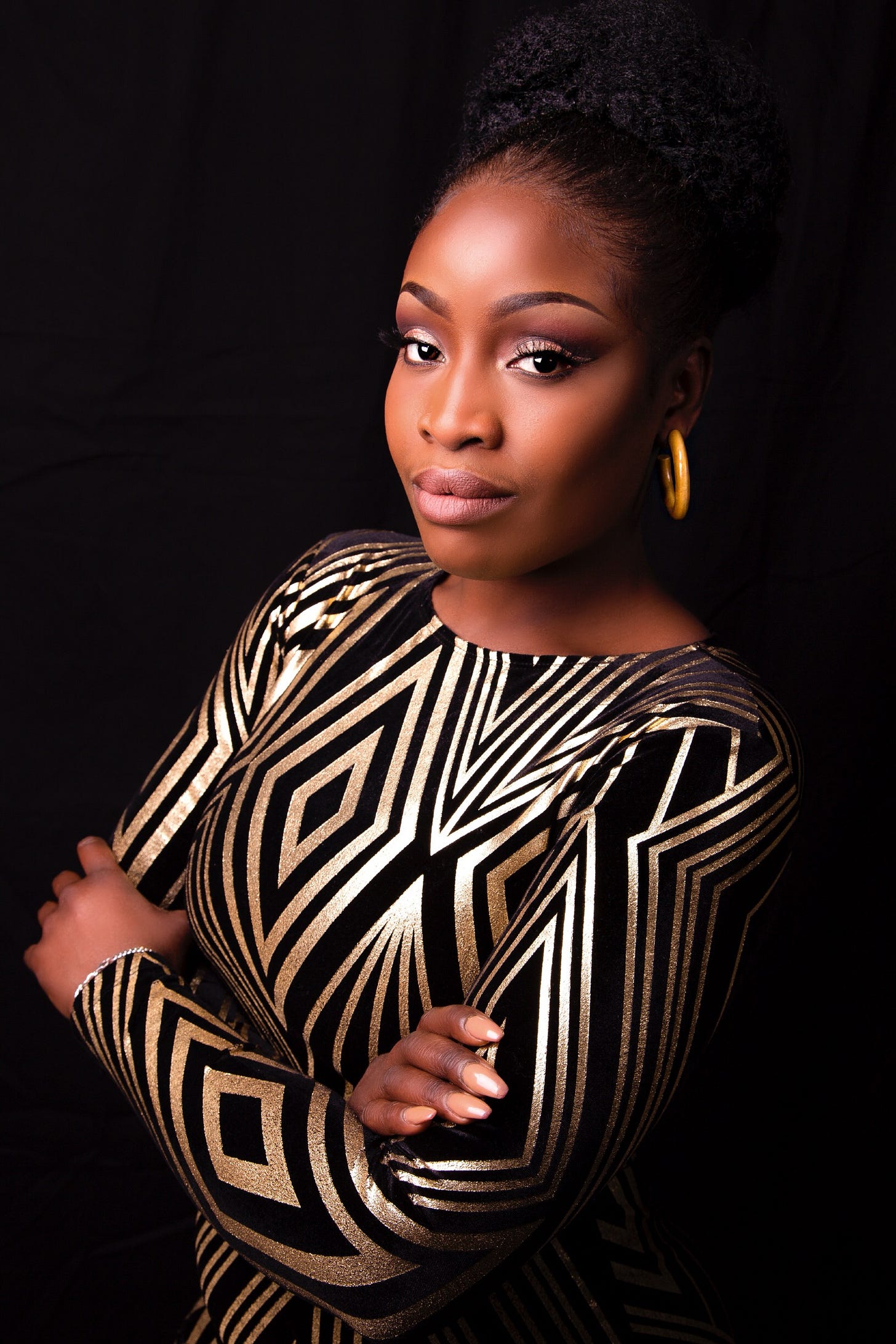
You put into words, from Memory and Experience, what I’ve been feeling for a long time. Our feminism is patriarchal, our idea of social care is reactive and performative, not truly protective or nurturing. Thank you for sharing more on this subject than I’d have even known to ask about.
Thank you for revolutionizing how I think about feminism, patriarchy and hierarchies.